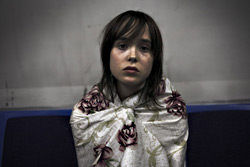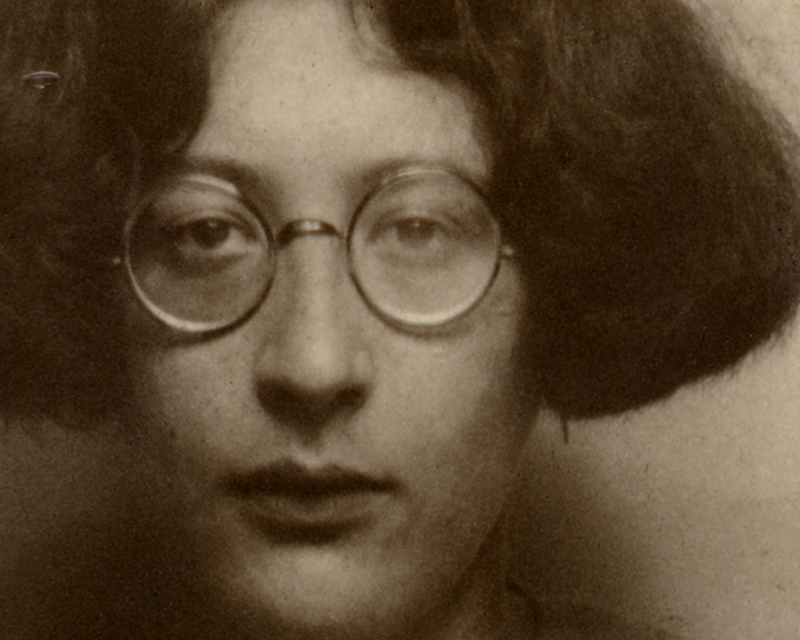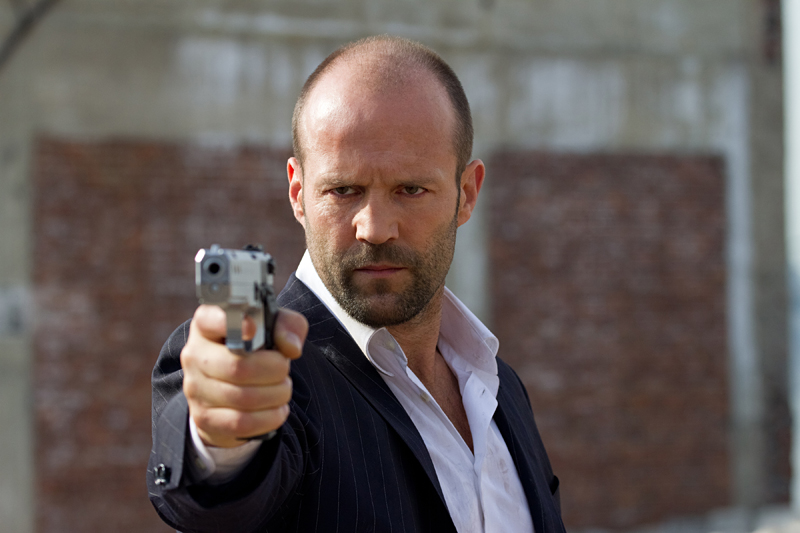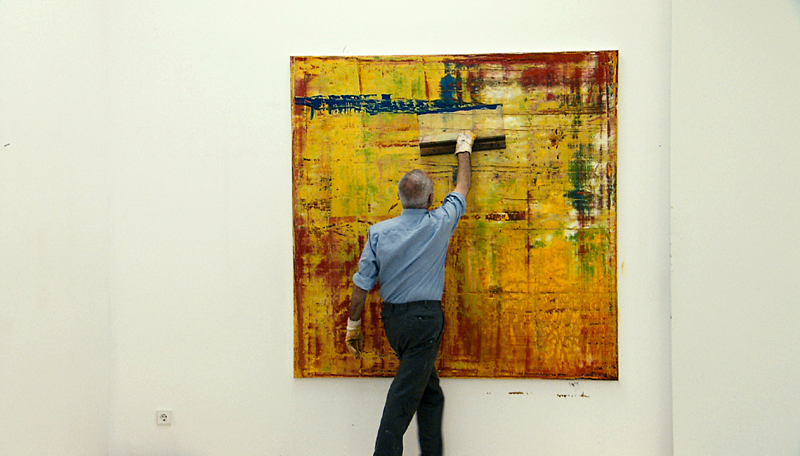“My name is Tracey Berkowitz. Fifteen. Just a normal girl who hates herself.” Again leading as a deadpan, snarky, eponymous naïf dealing with issues way beyond her maturity level, Juno‘s Ellen Page confesses to the camera an angry, diaristic account of how her bullied dreamer wound up in the back of a bus, naked beneath a shower curtain, searching for her hypnotized brother. Replicating the splintered prose of Maureen Medved’s novel-cum-screenplay, cult Canadian director Bruce McDonald (Highway 61) reveals the murky details—some true, others defense-mechanism fantasies in Tracey’s brooding rock-star brain—entirely in dynamic split-screen shards, linearity be damned. Unlike the frustrating gimmickry of Mike Figgis’ Timecode and Hotel, McDonald’s bedazzling multiframe experiment poeticizes and enhances an otherwise slender story (forgivable at only 80 minutes long), as planes of different sizes and shapes materialize—fading, sliding, distorting, and overlapping to convey the rage and anxiety of damaged adolescence. Funhouse-cloned images giddily intensify disturbing moments, hazy memories take the form of asymmetric repetitions, and walls literally close in. Beyond its overarching aesthetic, The Tracey Fragments co-stars Toronto rockabilly punk Slim Twig as a Tim Burton caricature of Pretty in Pink‘s Duckie, and boasts a score by Broken Social Scene; it would all swagger dangerously close into hipster-trash territory if not for Page’s pathos and wit, honest to blog.








